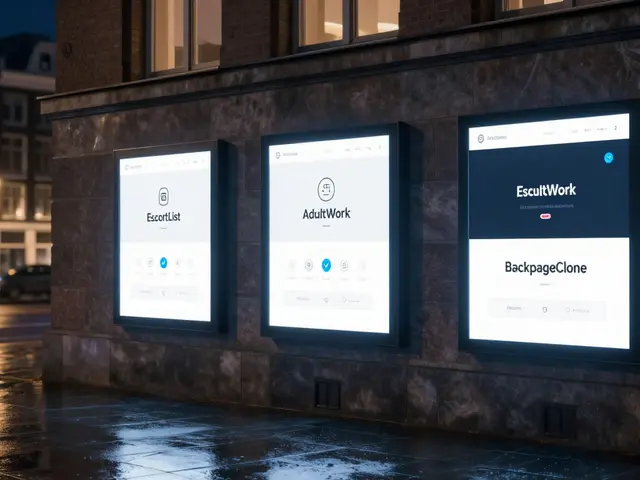Differences in the European Escort Industry
If you've ever wondered why a night out in Paris feels different from one in Berlin, the answer often lies in the escort scene. Each country has its own rules, cultural vibe, and pricing model. Knowing these differences helps you choose the right companion, stay safe, and get the most out of the experience.
Legal and Cultural Differences
Europe doesn’t have a one‑size‑fits‑all law for sex work. In the Netherlands and Germany, escort services are legal and regulated, meaning agencies must register and follow health checks. In contrast, France and Italy treat many aspects of the business as illegal or gray‑area, so most providers operate discreetly, often online.
Culture also plays a big role. Scandinavian countries tend to emphasize equality and consent, so you’ll find clear communication about limits and fees. Southern nations like Spain or Greece often blend romance with tradition, offering more flirtatious, long‑term companionship packages.
Service Styles and Pricing
Service style varies as much as the climate. In London, you’ll encounter high‑class agencies that focus on intellectual conversation, fine dining, and event accompaniment. In Eastern Europe, many escorts highlight fitness and adventure, offering weekend getaways or sports activities.
Pricing reflects both local cost of living and market demand. A three‑hour session in Prague might cost half of what you’d pay in Zurich, while luxury arrangements in Monaco can rival five‑star hotel suites. Always ask for a clear rate before booking to avoid surprises.
Technology is reshaping the landscape everywhere. Apps and discreet messaging platforms let you browse profiles, compare reviews, and arrange meetings without phone calls. Countries with stricter laws rely more on encrypted chats and private forums, while liberal markets use public directories and social media.
Safety standards also differ. Regulated markets often require agencies to verify IDs and run health checks, giving clients an extra layer of protection. In unregulated zones, it’s wise to use reputable agencies, check reviews, and meet in public places first.
Language can be a hidden hurdle. While many escorts in major cities speak English, smaller towns may rely on local languages. Having a translation app handy can smooth communication and show respect for the escort’s background.
Finally, consider the type of companionship you want. Some escorts specialize in business travel support—knowing how to navigate conferences and diplomatic events—while others focus on romance, role‑play, or fetish fulfillment. Matching your expectations with the escort’s niche saves time and money.
Bottom line: Europe offers a diverse escort market, and the differences between countries are real. Understanding legal status, cultural tone, service style, and pricing will make your experience smoother, safer, and more enjoyable. Ready to explore? Pick a city, check the local regulations, and let the right companion add a memorable chapter to your European adventure.
The differences between independent escorts and escort agencies in Europe
In my exploration of the European escort industry, I've noted some key differences between independent escorts and those affiliated with agencies. Independent escorts manage their own business, giving them direct control over their clients, rates, and hours. On the other hand, escort agencies provide a layer of security and consistency, handling marketing and client screening, but they also take a percentage of the escort's earnings. It's a choice between autonomy and support, and both come with their own set of pros and cons. Each escort's choice will depend on their individual priorities and personal comfort levels.
About
Adult Entertainment Industry
Latest Posts


The economic impact of the escort industry in Europe
By Sebastian LaCroix May 31, 2023

The dos and don'ts of interacting with escorts in Europe
By Sebastian LaCroix May 22, 2023

A Guide to Safe and Responsible Escort Experiences in Europe
By Sebastian LaCroix Nov 14, 2025

